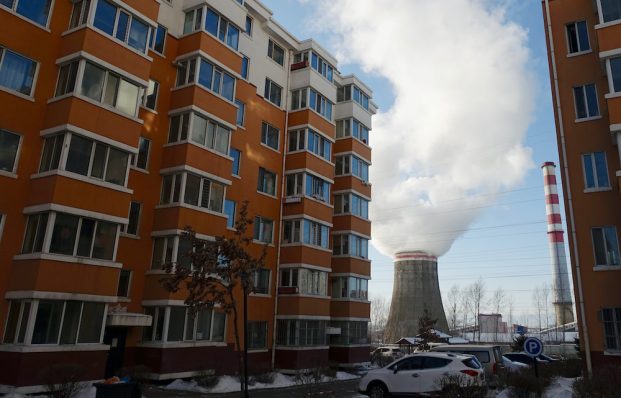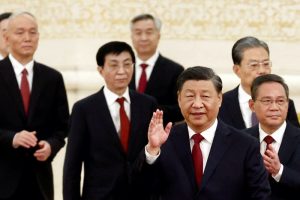China said on Monday it will investigate energy price index providers as it urged coal industry participants to “strictly” meet contractual obligations, in its latest bid to tame prices that have hit record highs, pushing thermal coal futures lower.
The most-active thermal coal futures on Zhengzhou Commodity Exchange, for delivery in January, tumbled more than 8% – their fourth straight daily decline – but recovered some losses to close down 7% at 1,305.6 yuan ($204.51) per tonne.
The contract was down more than 34% from Tuesday’s record of 1,982 yuan per tonne. This year, thermal coal futures were up more than 150%.
The state planner, the National Development and Reform Commission (NDRC), said it would investigate complaints from individuals that some energy information providers, including in the coal sector, had used false transaction prices, published “hearsay” information and “fabricated” price data and “manipulated price indices.”
“As a result, the coal price has completely deviated from the fundamentals of supply and demand, seriously damaging the national and public interests,” it said.
The NDRC said it would check for compliance and summon index providers, and would punish irregularities with measures such as suspension of publication or inclusion on a blacklist.
It did not name any of the information providers. Dozens of organisations provide coal pricing data in China.
Trading Firm Banned
In September, authorities banned a coal trading firm from publishing daily prices and market news as part of a government effort to regulate commodities markets and tame red-hot prices.
Beijing has in recent months issued new rules for commodity price indexes and has said regulators would suspend the activities of those failing to comply with rules.
Separately on Monday, the NDRC urged coal firms to “strictly” perform their contractual obligations and asked them to strengthen the credit supervision of medium and long-term contracts.
The NDRC said it would urge upstream and downstream coal companies to sign mid- and long-term contracts for power and coal and “give full play to the medium and long-term coal contracts to stabilise the market,” in another measure to boost supplies and cool prices.
On Sunday, the government said food and energy security had to be considered when curbing emissions, ahead of a new round of global climate talks in Glasgow starting on October 31.
Energy Shortages
Climate watchers were hoping China, the world’s top miner and consumer of coal and biggest emitter of greenhouse gases, could be persuaded to start cutting coal consumption earlier than its target of 2026, but severe energy shortages have put the government under pressure to step up production of the fuel.
China is pushing miners to ramp up production and is increasing imports so that power stations can rebuild stockpiles for the winter but analysts say shortages are likely to persist for at least a few months.
The NDRC has taken a slew of measures and has said it was studying ways to guide prices back to a “reasonable range” and to crack down on “excessive profits” at coal firms.
China’s securities regulator last week asked futures exchanges to raise fees, restrict trading quotas and crack down on speculation in response to high coal prices.
From October 15, the government is allowing coal-fired power plants to pass on generation costs to some end-users via market-driven electricity prices.
• Reuters with additional editing by Jim Pollard
ALSO SEE:
China Looks To Lock In US LNG Amid Energy Crunch
China Calls For Huge Boost in Coal Output to Fight Power Crunch
China To Liberalise Coal Power Prices To Ease Energy Woes
























